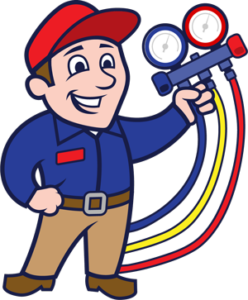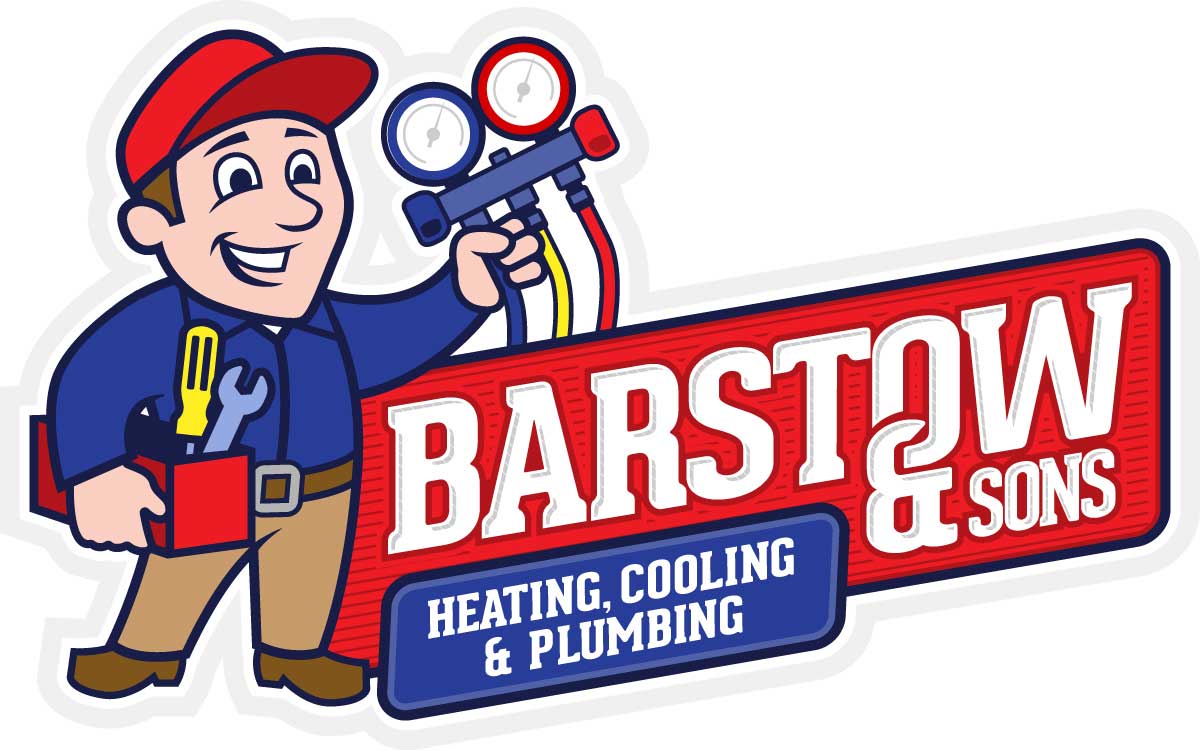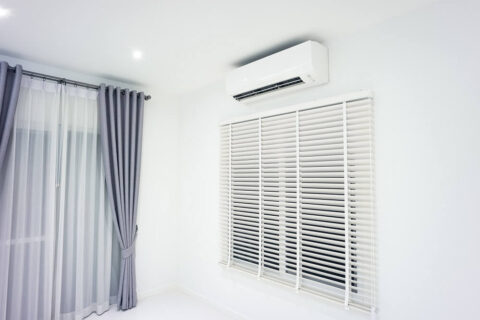Does Your HVAC System Need to Be Replaced?

When you turn on your air conditioner or furnace, you expect to feel a steady flow of cooled or heated air coming from the vents—but that doesn’t always happen. If your HVAC system is acting up, it may need to be repaired or replaced. The best way to find out which option is more cost-effective is to call Barstow and Sons. We’ll diagnose the problem, offer a free estimate, and recommend repairing or replacing the system based on our years of experience.
Here are the top signs your HVAC system needs servicing, along with tips to help you decide between a repair and a replacement.
8 Signs Your HVAC System Needs Repair or Replacement
If you spot any signs of trouble, act fast to prevent minor, easy-to-fix issues from escalating into significant, expensive problems.
- Lukewarm air: Place your hand over a supply register. The air should feel nice and cold if the AC is running or pleasantly warm during furnace operation. If something is wrong with the air conditioner compressor or furnace burners, the air handler will blow without cooling or heating your home.
- Poor airflow: Perhaps the air coming from your registers is the right temperature, but it’s blowing too weakly to keep you comfortable. Before you assume the worst, try changing the filter. It may be clogged with dust, which restricts airflow. If that doesn’t work, adjusting the blower motor settings may resolve the issue.
- Constant operation or short-cycling: If the HVAC system has been running for hours without changing the temperature, you can bet there’s a malfunction. Likewise, short, incomplete cycles are a sign that something’s amiss. A technician can help you determine the cause of constant operation or short-cycling and recommend the appropriate repair.
- Thermostat malfunctions: The thermostat is the command center of your HVAC system. If it doesn’t do its job properly, your furnace or air conditioner may function strangely or fail to turn on altogether. Complex electrical components may be involved, but fortunately, it’s usually possible to repair a malfunctioning thermostat without replacing the HVAC system.
- Noisy operation: Beware of squealing, scraping, grinding, clicking, or other loud noises coming from your heating and cooling equipment. These are clues that something is wrong internally. A fan belt may be fraying, a part may have come loose, or there could be an electrical problem. Whatever the case, the best way to prevent the issue from worsening is to shut off the HVAC system and call a technician for a diagnosis.
- Unusual odors: Smelling something strange when your air conditioner or furnace kicks on is not a good sign. A burning odor could indicate a fried electrical part, while a musty smell could mean there’s mold in the system. No matter what you smell, it’s best not to risk the health and safety of your family. Turn off the unit and call an HVAC technician for help.
- Humidity control problems: Air conditioners don’t just cool your home—they also dehumidify the space. If you find yourself adjusting the thermostat because your skin feels clammy, the unit could have an underlying dehumidification problem. A repair may be possible, or it might be time to replace your AC unit.
- Frozen evaporator coil: Is your air conditioner blowing warm air? Do you see water dripping from the indoor portion of your HVAC system? Open the panel, and you may find ice buildup on the evaporator coil. This could indicate low airflow, which you can attempt to fix by changing the air filter. Otherwise, the refrigerant charge is probably low. Only a qualified technician can recharge the air conditioner refrigerant.
6 Reasons to Replace Your HVAC System
Here’s here to tell when you should replace your HVAC system rather than repair it:
- Old age: Air conditioners tend to give out around 10 years old, while furnaces often last 12 to 15 years. If your HVAC system is nearing these milestones, it’s wise to start shopping for a replacement.
- The 50% rule: This rule states that if an HVAC repair is nearly half the cost to replace the unit, the repair isn’t worth paying for, especially if the unit is also getting old. Instead, the more cost-effective choice is to invest in a new, high-efficiency system.
- Frequent repairs: There comes a point when you simply shouldn’t put any more money into repairs, even if your system isn’t a decade old yet. If your HVAC equipment has a history of breakdowns, stop throwing good money at bad, and replace it the next time it acts up.
- Comfort problems: Poor indoor air quality and uneven temperatures indicate performance and airflow problems. If a repair doesn’t improve your comfort level, the only option is to replace your HVAC system.
- Rising energy bills: Performance issues toward the end of a furnace or air conditioner’s lifespan can increase operating costs. Therefore, even if everything seems to be running normally, keep an eye out for high utility bills and request a technician’s help if you notice steadily rising expenses.
- Low R-22 refrigerant: Air conditioners remove heat from indoor spaces using refrigerant. Many older systems still run on R-22 refrigerant, also known as Freon. This environmentally hazardous refrigerant has been phased out in favor of more eco-friendly R-410A, or Puron. The two cannot simply be swapped out—if your aging unit develops a Freon leak, you’ll need to replace your air conditioner to begin using Puron.
HVAC Repair & Replacement in Anne Arundel County
The next time your heating and the cooling system acts up, call Barstow and Sons. We offer emergency HVAC repair and professional HVAC replacement in the Annapolis area, so no matter how you choose to proceed, we’ve got you covered. Contact us online or call 410-777-9185 today to request help from our experienced HVAC team.



